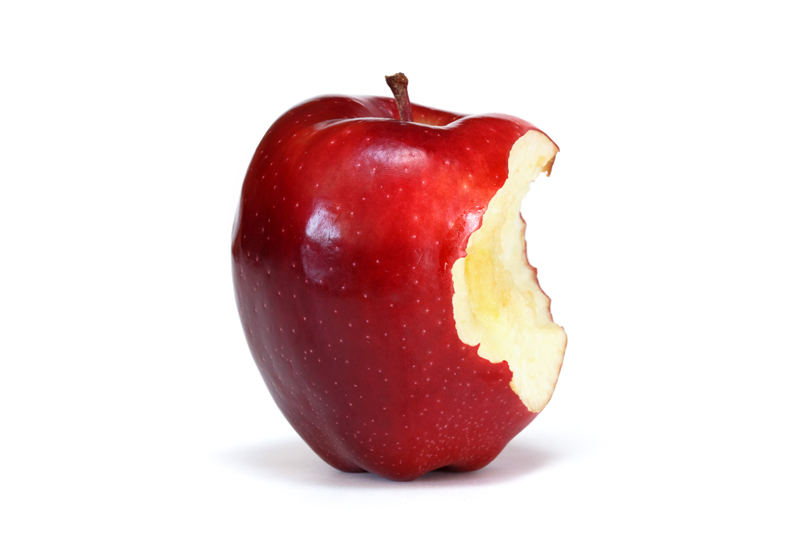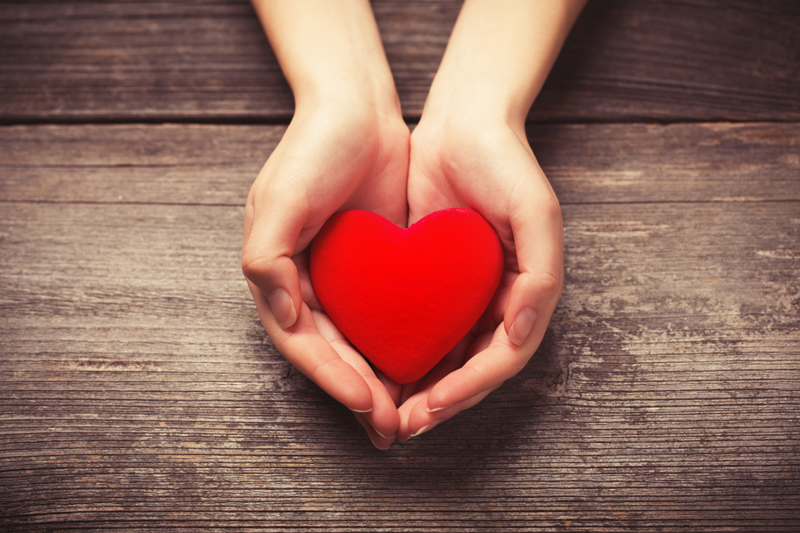Dehydration And The Water of Life

Water is the basis of all life, our most precious resource. Water is second only to oxygen in the importance for health. It makes up 65 to 75 percent of the body, and every cell requires water to perform its essential functions. Water is one of the best natural healing sources that nature provides.
When the body gets enough water, it works at its peak. Fluid and sodium retention decrease. The metabolism and digestion improves. Glands and hormone function also improves, the liver breaks down and releases more fat, and hunger is curtailed. Water also flushes waste and toxins from the body, hydrates the skin, regulates the body’s temperature, and acts as a shock absorber for joints, bones, and muscles. Minerals and vitamins are assimilated. When the body does not have enough water in its system it can lead to a number of ailments including varicose veins, urinary tract infections and kidney stones.
Replenishing the water that is continually lost throughout the day is very important. For example, if the body becomes overheated, our 2 million sweat glands begin perspiration, which is 99 percent water, so on hot humid day, an active person can become dehydrated in just 15 minutes. Also during the process of our breathing, we lose about two cups of water everyday. If we fail to replace this fluid lose then we set ourselves up to become dehydrated.
Dehydration is a condition that occurs when a person loses more fluids (such as urine or sweat) than he or she takes in. Water and salts are essential for our body to function properly. Despite the fact that water is conveniently available, dehydration is very common. Probably because we are so busy with are daily lives it is easy to forget the healthy practice of drinking plenty of water daily. The body needs approximately 3-quarts of replacement water each day under normal conditions. Strenuous activity, a high climate temperature, or a diet too high in salt may increase this requirement.
Mild dehydration occurs when the body loses 3 to 5% of body weight in water, Moderate dehydration 6 to 9%. Severe dehydration (loss of 10–15% of body fluids) and is a life-threatening condition that requires immediate medical care. A stomach flu during which vomiting and diarrhea cause loss of fluid and dieting, which involves the use of diuretics can cause dehydration. The symptoms of dehydration are generally feeling dizzy and light headed, dry mouth and nose, and producing less urine which in darker in appearance. Severe dehydration can cause deep rapid breathing, sunken, dry eyes, feeling cold, but sweaty, a drop in blood pressure, and confusion.
Dealing with dehydration
To counter dehydration, you need to restore the proper balance of water in your body. Plain cool water (bottled) is the best way to replace lost body fluid, unsweetened fruit juice diluted with water or seltzer, and vegetable juices can help and should be consider. Gelatin water can be substituted for electrolyte-replacement solutions. It is made by diluting a 3-ounce package in a quart of water or by adding one-quarter teaspoon of salt and a tablespoon of honey or sugar to a pint of water.
What to avoid when dehydrated
Alcohol and caffeine-containing drinks are counter productive in replacing water loss because of their diuretic activity. Drinks loaded with dissolved sugar or milk increase water needs instead of satisfying them.
Commercial sodas can dissolve and wash away several minerals that are very important for the body and should be avoided especially when you are dehydrated.
Remember, drinking plenty of water is one of the most important tasks we can practice daily in order to live a long and healthy life. Also, increase your intake of fresh fruits and vegetables: both have high water content as well as many other health benefits.
Consumer Reports on Health (8/01) says:
Most people do not drink enough water. Resulting problems can include everything from muscle cramps, headaches and fatigue (especially at the end of the day) to constipation, kidney stones and urinary-tract infections.
What is the minimum amount of water you need each day?
Do the math:
1. Record your weight
2. Multiply line one by 0.04.
This equals pounds of water lost
3. Multiply line two by 2.
This is the number of cups of water needed from all sources - food and drink.
At least half should come from water itself... and remember, more is better.
When the body gets enough water, it works at its peak. Fluid and sodium retention decrease. The metabolism and digestion improves. Glands and hormone function also improves, the liver breaks down and releases more fat, and hunger is curtailed. Water also flushes waste and toxins from the body, hydrates the skin, regulates the body’s temperature, and acts as a shock absorber for joints, bones, and muscles. Minerals and vitamins are assimilated. When the body does not have enough water in its system it can lead to a number of ailments including varicose veins, urinary tract infections and kidney stones.
Replenishing the water that is continually lost throughout the day is very important. For example, if the body becomes overheated, our 2 million sweat glands begin perspiration, which is 99 percent water, so on hot humid day, an active person can become dehydrated in just 15 minutes. Also during the process of our breathing, we lose about two cups of water everyday. If we fail to replace this fluid lose then we set ourselves up to become dehydrated.
Dehydration is a condition that occurs when a person loses more fluids (such as urine or sweat) than he or she takes in. Water and salts are essential for our body to function properly. Despite the fact that water is conveniently available, dehydration is very common. Probably because we are so busy with are daily lives it is easy to forget the healthy practice of drinking plenty of water daily. The body needs approximately 3-quarts of replacement water each day under normal conditions. Strenuous activity, a high climate temperature, or a diet too high in salt may increase this requirement.
Mild dehydration occurs when the body loses 3 to 5% of body weight in water, Moderate dehydration 6 to 9%. Severe dehydration (loss of 10–15% of body fluids) and is a life-threatening condition that requires immediate medical care. A stomach flu during which vomiting and diarrhea cause loss of fluid and dieting, which involves the use of diuretics can cause dehydration. The symptoms of dehydration are generally feeling dizzy and light headed, dry mouth and nose, and producing less urine which in darker in appearance. Severe dehydration can cause deep rapid breathing, sunken, dry eyes, feeling cold, but sweaty, a drop in blood pressure, and confusion.
Dealing with dehydration
To counter dehydration, you need to restore the proper balance of water in your body. Plain cool water (bottled) is the best way to replace lost body fluid, unsweetened fruit juice diluted with water or seltzer, and vegetable juices can help and should be consider. Gelatin water can be substituted for electrolyte-replacement solutions. It is made by diluting a 3-ounce package in a quart of water or by adding one-quarter teaspoon of salt and a tablespoon of honey or sugar to a pint of water.
What to avoid when dehydrated
Alcohol and caffeine-containing drinks are counter productive in replacing water loss because of their diuretic activity. Drinks loaded with dissolved sugar or milk increase water needs instead of satisfying them.
Commercial sodas can dissolve and wash away several minerals that are very important for the body and should be avoided especially when you are dehydrated.
Remember, drinking plenty of water is one of the most important tasks we can practice daily in order to live a long and healthy life. Also, increase your intake of fresh fruits and vegetables: both have high water content as well as many other health benefits.
Consumer Reports on Health (8/01) says:
Most people do not drink enough water. Resulting problems can include everything from muscle cramps, headaches and fatigue (especially at the end of the day) to constipation, kidney stones and urinary-tract infections.
What is the minimum amount of water you need each day?
Do the math:
1. Record your weight
2. Multiply line one by 0.04.
This equals pounds of water lost
3. Multiply line two by 2.
This is the number of cups of water needed from all sources - food and drink.
At least half should come from water itself... and remember, more is better.
You Should Also Read:
Bottled water- Better than tap?
Buying Bottled Water
Science and Technology

Related Articles
Editor's Picks Articles
Top Ten Articles
Previous Features
Site Map
Content copyright © 2023 by Victoria Abreo. All rights reserved.
This content was written by Victoria Abreo. If you wish to use this content in any manner, you need written permission. Contact Victoria Abreo for details.



